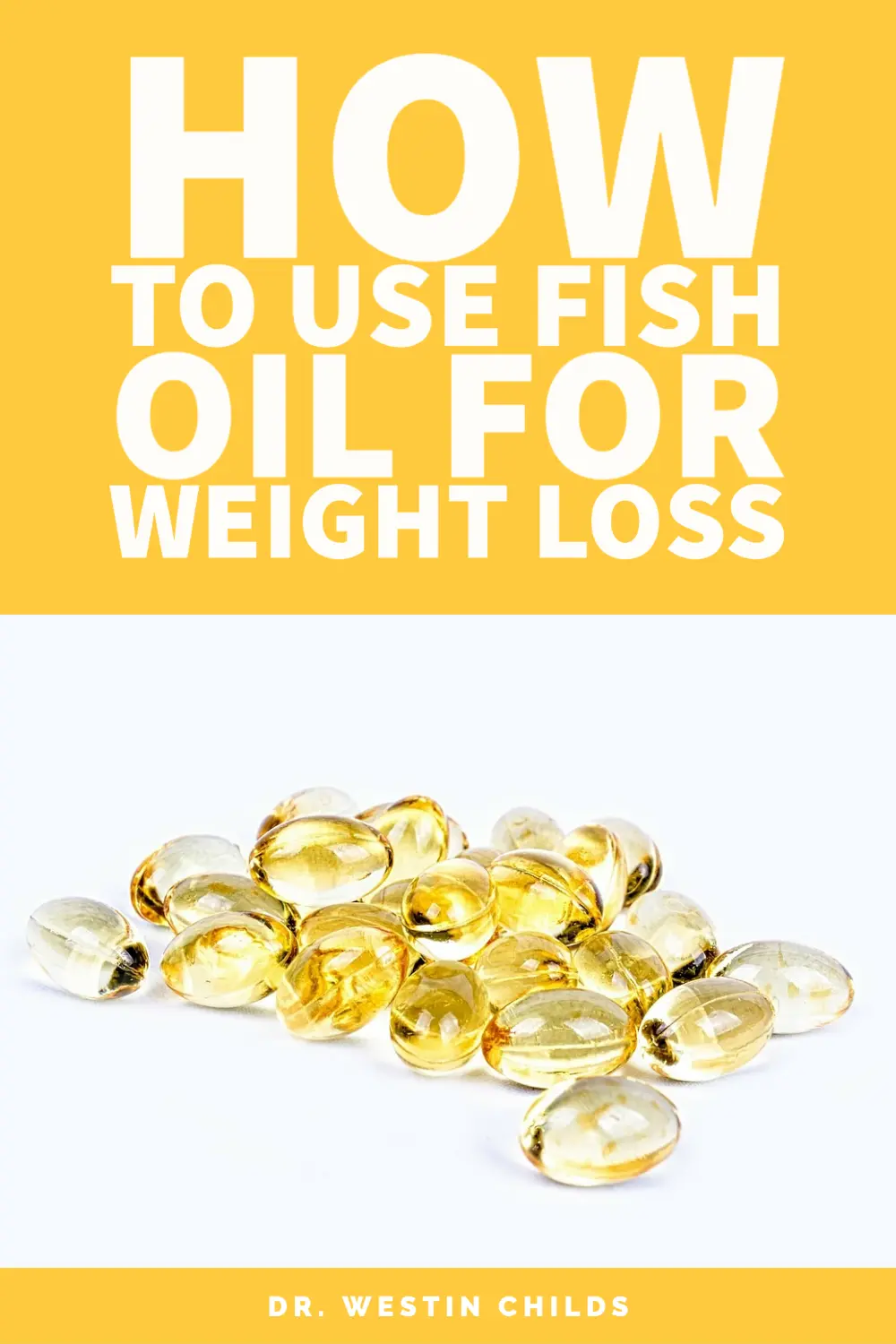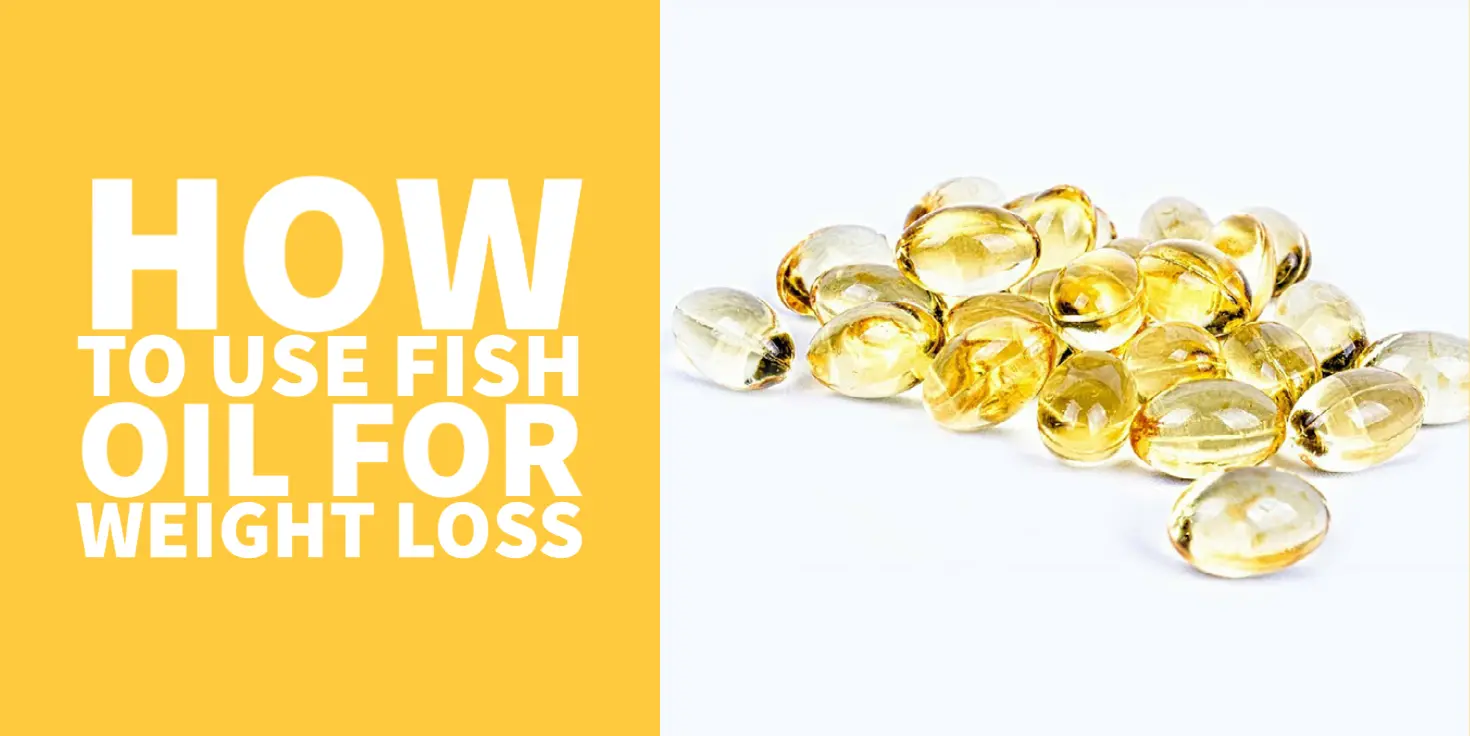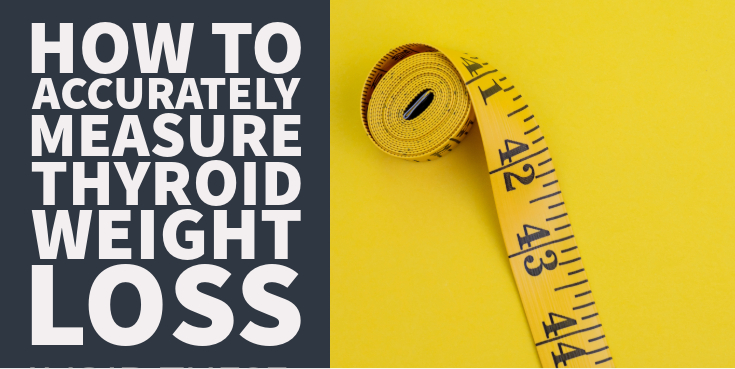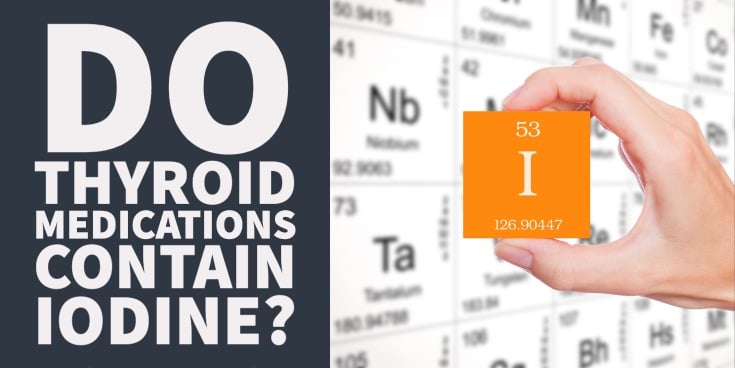Believe it or not, fish oil has a powerful effect on the hormones in your body that directly regulate how you store and burn fat.
Fish oil helps to regulate the hormones involved in the process and is powerful enough to even lower hormones like leptin and insulin.
It also has the ability to alter your lean muscle mass and directly alter fat mass through its effects on certain enzymes.
Learn more about how fish oil can help with weight loss including other therapies it can be combined with to help boost weight loss results…
How Fish Oil can help with Weight Loss
Losing weight isn’t about counting or cutting your calories.
If weight loss was truly only about calories then how would supplements help with weight loss?
Long-lasting sustained weight loss is about managing your hormones.
The hormones that tell your body to store fat (insulin), the hormones that manage your metabolism (thyroid hormone), the hormones that tell your body when you are hungry/full (leptin), and the sex hormones that manage your lean body mass (testosterone).
This concept (the hormonal theory of obesity) is why certain supplements can actually help your body burn fat and lose weight.
One such supplement is fish oil.
And while supplementing with fish oil isn’t a magical weight loss pill, it has a very impressive benefit profile when it comes to your hormones which have been outlined in clinical studies.
So how does fish oil work to help with weight loss if it doesn’t alter the number of calories you consume?
You guessed it:
Fish oil directly alters the hormones that lead to weight gain and obesity.
We are going to discuss these hormonal changes in detail below, but as a primer fish oil has a direct action on THREE of the most important hormones that lead to weight gain:
- Leptin & Leptin resistance
- Insulin & insulin resistance
- Thyroid hormone & T3 (specifically thyroid resistance)
Fish oil also has beneficial effects that extend into the inflammatory cascade.
The same cascade, when triggered, is implicated in a host of western diseases that can lead to premature death and increased mortality (1).
And believe it or not, we are only touching the surface of the many benefits of fish oil as it relates to fish oil.
So let’s get into the specifics of how fish oil can help burn fat in your body.
#1. Increases lean body mass
First off let’s start with the studies.
Do studies support the theory that taking fish oil will result in weight loss in patients?
It turns out that they do, in multiple ways, which we will discuss throughout the post.
What I want to focus on first is this meta-analysis (2)…
This study evaluated 30 different studies (the definition of a meta-analysis) to determine if fish oil helped with weight loss.
They found that patients who used fish oil did not lose weight in these studies but they did lose abdominal fat mass (belly fat).
At first glance, this might seem confusing, right?
We are interested in learning how fish oil can help with weight loss but a meta-analysis of 30 studies is showing us that these patients don’t lose weight but they lose fat mass.
So how can we explain this?
Quite easily, actually.
When we talk about weight loss what most people really are looking for is a reduction in their total fat mass (the amount of fat tissue they carry on their body).
In reality, when you lose weight two things are happening:
First:
You are losing fat mass (this is good).
Second:
You are gaining lean muscle mass (this is also good).
The combination of simultaneously losing fat mass but gaining muscle mass can result in your weight staying the same, BUT in reality, you are actually doing two very important things.
This is one of the reasons that focusing only on your body weight is not a very good idea, especially if you are using weight training to lose weight.
A much better way to evaluate your weight loss is to monitor your hip/waist circumference and how your clothes are fitting.
So does this increase in muscle mass occur in patients taking fish oil?
Yes, it does.
Studies have shown that taking fish oil does indeed increase your lean muscle mass (fat-free mass) while decreasing your fat mass:
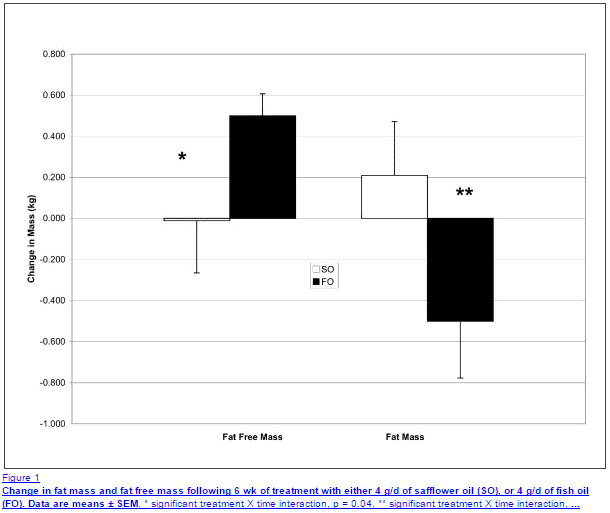
The black boxes indicate patients taking fish oil vs patients taking safflower oil in this study (3).
Patients taking fish oil compared to placebo showed an increase in fat-free mass while also experiencing a simultaneous decline in fat mass.
The increase in fat mass is about equal to the decrease in fat mass which may explain why the previous studies showed that taking fish oil didn’t cause weight loss directly but it did indeed cause fat loss.
Increasing your fat-free mass (or lean muscle mass) in the body is incredibly important for sustaining weight loss.
Muscle mass helps build your metabolism and helps your body burn more calories at rest.
It’s also important for thyroid function (4) which, again, contributes to your metabolism.
Building a normal metabolism is critical for keeping lost weight off because your metabolism contributes more than 90% to your total calories burned each day.
This is why exercising isn’t that great for helping with weight loss.
While 90% of your calories are accounted for in simply living your life, that only leaves 10% which you can really influence by exercising.
It is far more important to focus on building up your metabolism to help keep weight off than it is to focus on that small 10% of calories burned by exercising more.
- Bottom line: Fish oil helps increase fat-free mass while also helping reduce fat mass in your body. The net change in both of these may not directly result in weight loss on a scale, but is very beneficial to the body.
#2. Reduces fat mass when combined with exercise (visceral fat)
Beyond the benefits that fish oil has on lean muscle mass, it can also be VERY helpful in reducing body weight when combined with exercise.
Studies have shown that the combination of exercise plus fish oil has a dramatic effect on fat mass in the body (5):

The graph above shows that patients taking sunflower oil alone experienced a gain in fat mass compared to patients taking fish oil alone which also caused a slight weight gain (in this particular study).
But the last graph shows the combination of fish oil plus exercise which shows an impressive drop in fat mass as measured by dual-energy x-ray absorptiometry.
Experts agree that the majority of the benefits occur independently of changes in energy intake.
What this means for you is that the benefits of fish oil come without changing the number of calories that you consume.
And this fits right in line with our hormonal theory of obesity.
Fish oil exerts the majority of its effects through changes in gene expression which result in increased muscle mass and increased fat oxidation.
Fish oil seems to help the body increase the amount of fat that is burned by itself.
When this is combined with exercise, patients experience an even greater benefit.
Much of this is probably mediated through hormones such as leptin and insulin, but the fact is the same:
Fish oil directly helps your body burn fat.
- Bottom line: Fish oil helps increase fat oxidation in the body and this effect is enhanced when combined with exercise.
#3. Enhances Thyroid function in the liver
You probably know that your thyroid is required for optimal weight management.
Low thyroid function leads to weight gain through a number of mechanisms, but primarily through a reduction in energy production mediated through mitochondrial function.
Fish oil has been shown to activate a certain liver enzyme known as hepatic mitochondrial glycerophosphate dehydrogenase (6).
The name of the enzyme is a mouthful, so instead of focusing on its name focus on its action:
This enzyme is involved in thermogenesis (heat production) and is the same target of the active thyroid hormone in the liver T3.
As you might know, producing more energy, particularly in the form of heat, is one of the ways that your body burns more calories at rest.
Having a normal body temperature and a normal resting heart rate are signs that your metabolism is functioning normally.
Low body temperature (and low resting heart rate in nonconditioned people) may be early signs of a damaged metabolism and a compensatory reduction in basal metabolic rate.
Because of these changes in the liver, taking fish oil may have a special benefit for patients with hypothyroidism, patients taking thyroid medication, or patients with low T3 syndrome.
- Bottom line: Fish oil helps activate enzymes in the liver involved in thermogenesis and heat production and may increase the effectiveness of thyroid hormone on this target.
#4. Increases Insulin Sensitivity & Reduces Glucagon
The hormone insulin (and its neighbor glucagon) is directly involved in weight gain and obesity.
In inflammatory states (caused by poor diet) or a diet high in sugar intake/carbohydrates, insulin levels become dysregulation, and a condition known as insulin resistance ensues.
Insulin tells your body to store blood sugar as excess energy, and it does this by hiding away this energy in your fat cells.
High levels of insulin = bigger fat cells
What is more interesting is that up to 50% of the US population has some degree of insulin resistance (pre-diabetes, diabetes, or high fasting insulin levels).
And insulin resistance has been linked to both the cause and effect of obesity (7).
From my experience, insulin resistance usually results in weight gain, but it also appears that weight gain can exacerbate existing insulin resistance leading to a cascade of weight gain over time (sometimes regardless of diet).
The point here is this:

Insulin resistance is VERY common and underlies many forms of obesity in the US.
This means that if you are overweight there is a very high chance that you also have some degree of insulin resistance in your body.
And that’s where fish oil comes in.
Fish oil has been shown to increase sensitivity (8) to insulin resistance and even lower insulin levels (9).
This drop in insulin from taking fish oil can open up more energy for skeletal muscle which indirectly results in weight loss through increased muscle mass and increased metabolism.
Fish oil also has been shown to reduce glucagon levels (10).
Glucagon tells your liver to pump out blood sugar and is also secreted from your pancreas much like insulin.
The difference is that glucagon tends to be ignored, compared to insulin, but both are incredibly important in the development of weight gain.
- Bottom line: Fish oil helps sensitize the body to insulin and helps lower glucagon. Both of these hormones contribute to weight gain by increasing adiposity.
#5. Reduces Leptin levels and leptin resistance
Fish oil also helps to regulate one of the most powerful hormones involved in weight gain that we know about: the hormone Leptin.
Leptin is a hormone secreted from your fat cells that are supposed to feedback to your hypothalamus and tell your body to increase metabolism and burn those excess fat cells.
That’s the way it is supposed to work, but when your brain sensed high leptin levels over time it because resistant to the signal and you develop a condition known as leptin resistance.
Leptin resistance causes a reduction in your metabolism and an increase in your appetite as your body thinks it needs more and more food (energy).
This results in a vicious cycle of weight gain and increased appetite and other hormonal imbalances that perpetuate the cycle.
Leptin is elevated in states of inflammation and in states of calorie restriction or starvation.
Chronic recurrent yo-yo dieting will eventually lead to leptin resistance as will VERY restrictive diets like the HCG Diet.
Basically, the faster you lose weight and the more you calorie restrict yourself, the higher your leptin will be and the slower your metabolism will become.
Fish oil has been shown to reduce leptin levels (11) directly (mechanism not completely understood) probably through its effects on inflammation and on insulin.
- Bottom line: Fish oil helps lower leptin resistance and can help increase metabolism and reduce appetite through this mechanism. The combination of fish oil + aerobic exercise seems to be particularly helpful.
#6. Reduces Inflammation
One of the most well-known side effects is fish oils’ ability to reduce inflammation.
Fish oil is often used to help reduce inflammatory states, reduce joint pain/body aches and even treat depression.
In fact, the effect of fish oil on joint pain has been shown to be equivalent to NSAIDs (12) (like ibuprofen).
Much of these effects are felt to be mediated through its influence on systemic inflammation.
But the ability to reduce inflammation can also help with weight loss.
Excess fat on the body causes a condition known as adiposopathy which refers to inflammation directly in your fat cells.
It is this inflammation that is felt to contribute to the biochemical and hormonal imbalances (13) that further perpetuate obesity and make weight loss so difficult.
Fish oil exerts an inhibitory effect on lipoxygenase and cyclooxygenase which are implicated in some inflammatory pathways in the body (14).

By blocking this cascade fish oil can help reduce inflammation and help reverse the hormone imbalances associated with obesity.
In addition, a reduction in inflammation also indirectly improves thyroid function by increasing T4 to T3 conversion.
This is just one example of how fish oil likely improves many other functions in the body by reducing inflammation.
- Bottom line: Fish oil helps block inflammatory pathways in the body which can help reverse hormonal imbalances that occur as a result of obesity.
How to use Fish Oil for Best Results
Like any other supplement fish oil must be used correctly if you want to take advantage of the side effects listed above.
That means you need to be getting a high-quality supplement at a high enough dosage and you need to take it for a determined length of time.
Fish oil is particularly susceptible to changes in biochemical structure due to various environmental conditions such as changes in temperature.
In addition, many of the positive effects exerted above have to do with the type of fish oil, where it is sourced and the ratio of EPA/DHA.
With these factors in mind I have outlined several factors to help you below:
How to Supplement with Fish Oil
Who Should Use it?
Patients with the following conditions should consider using Fish oil:
- Personal history of insulin resistance and/or elevated fasting blood sugar
- Personal history of diabetes, pre-diabetes, or patients taking diabetic medications
- Issues with weight gain, obesity, or a slow metabolism
- Personal history of leptin resistance or weight loss resistance
- Personal history of joint pain, osteoarthritis, or other inflammatory conditions
- Personal history of hypothyroidism or thyroid-related disorders
- Personal history of depression or mood changes
- Diagnosis of fatty liver disease
- Known or suspected systemic inflammation (as measured by elevated CRP and/or ESR)
How to Use
- The recommended dose ranges from 2,000mg to 6,000mg per day (depending on the condition)
- Start titration at 1,000mg per day and increase up to therapeutic dosage as recommended
- Higher daily doses will be necessary for weight loss and treating insulin resistance
- Duration of therapy should be consistent for at least 3 months (6+ months for insulin resistance + weight loss)
You can get by with lower dosing if you use a sustained-release fish oil such as this one but you still might find benefit at higher doses.
Play around with your dose to figure out what works best for you!
Fish oil Dosage & Length of Treatment
To get the best results your dose of fish oil must be high enough and sustained for a specific period of time.
How much you take and how long you take it depends on what condition you are trying to treat:
*Note: you should only take higher doses of fish oil under medical supervision.
For weight loss and insulin resistance:
- Generally, higher doses will be needed: up to 4-6 grams per day (this will be about 4-6 capsules)
- Duration of therapy should be at least 6 months
For leptin resistance:
- Higher doses will be necessary and it should be combined with other supplements to treat leptin resistance – 4,000 to 6,000mg per day
- Duration of therapy should be at least 6+ months and based on your weight loss + leptin levels
For inflammation and joint pain:
- Generally, 2,000 to 4,000mg per day is sufficient to lower inflammation significantly, but higher doses may be necessary for some patients
- Continue therapy as long as you are experiencing positive results
For mood disorders such as depression:
- Dose varies from 1,000mg to 4,000mg per day
- Duration extends as long as you are experiencing positive results
Side effects of using Fish oil
Generally, fish oil is very well tolerated.
The most common side effect is belching which may result in an unpleasant aftertaste.
This results from the fact that fish oil will rest upon gastric liquid and as the gas escapes through this interface it may liberate some of the fish oil.
You can reduce this aftertaste by taking fish oil with meals, reducing the amount of liquid you consume with the fish oil supplement, or taking the supplement at night.
This side effect is harmless, but may be unpleasant.
Other less common symptoms may include:
- Reduction in blood viscosity (in some cases this can lead to nosebleeds, etc.)
- Changes in stool composition (loose or runny stools)
- Rashes
- GI upset: reflux, heartburn, burning sensation, etc.
The majority of patients taking fish oil tolerate the supplement quite well without issues.
Using Fish oil with other supplements to boost results
As I mentioned previously taking fish oil by itself is not the most effective way to achieve long-lasting weight loss.
While fish oil can certainly promote proper hormone regulation and help assist in weight loss efforts, it would not be wise to simply take the fish oil and hope for weight loss.
Instead, as some of the studies indicate above, the combination of fish oil + exercises plus other supplements tends to result in far more effective weight loss.
Fish oil should be combined with high-intensity interval training (as energy levels allow) over traditional aerobic exercise.
This type of exercise will augment the effects of fish oil on insulin receptors and ultimately improve insulin sensitivity.
*Remember that weight gain is mediated through these hormones!
In addition, fish oil can be combined with these supplements to further boost results:
- Glucomannan or propolmannan: This viscous fiber can help slow down the absorption of carbohydrates (reducing insulin levels), help reduce appetite and food cravings and improve your microbiome. Take 4 pills prior to each meal with a large glass of water for best effects. Should not be used around the time of other medications/supplements/etc.
- Alpha-lipoic acid: Alpha-lipoic acid is a potent anti-inflammatory agent which can help with weight loss in higher doses as well (I’ve written about how it can help with weight loss here). Take up to 2,000mg per day to further reduce inflammation and help with weight loss.
- Berberine: Berberine is a plant alkaloid that helps mediate insulin resistance and has been shown to be as powerful as pharmaceutical medications at reducing blood sugar. Take up to 2,000mg per day. (You can also read more about using berberine for weight loss here).
Final thoughts
In certain patients, fish oil can help with weight loss due to its potent effects on altering hormones involved with obesity and weight gain.
Fish oil, specifically the omega-3 fatty acids, can help reduce insulin resistance, lower leptin levels, increase lean body mass and directly help burn fat.
To get these beneficial effects, make sure you are using a high-quality, high-dose fish oil supplement in high enough dosages.
The length of treatment and dose required for optimal results varies based on the condition.
Remember to also use fish oil in combination with other therapies including both other supplements and exercise for maximum effects.
Now it’s your turn:
Have you used fish oil to help with weight loss?
Has it helped you lose weight?
Why or why not?
Leave your comments below!
